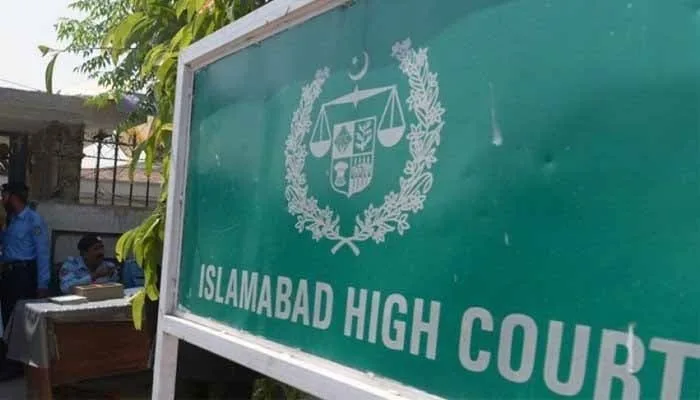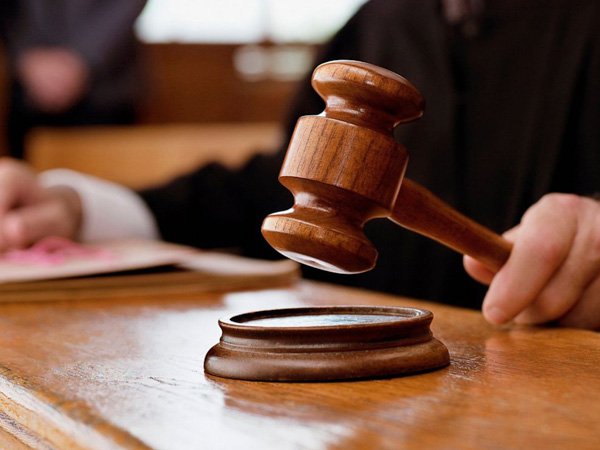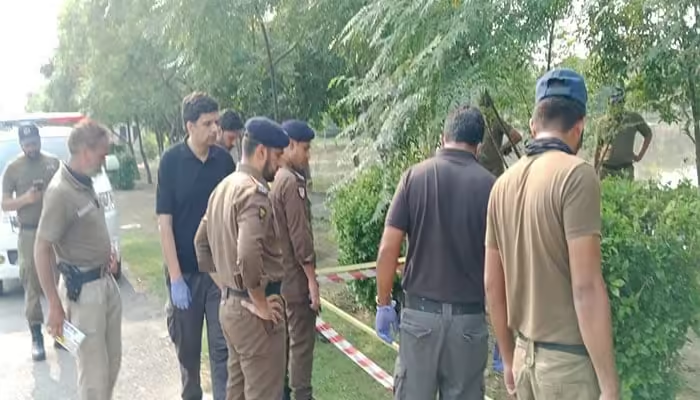Recent revelations shed light on the issue of hidden cameras discovered outside the residence of an Islamabad High Court judge, raising concerns about external interference in the judiciary. Sources have disclosed critical information suggesting that the previous government, led by the Pakistan Democratic Movement (PDM), had prior knowledge of these covert surveillance activities, yet failed to address the concerns raised by the judiciary.
According to sources familiar with the matter, the PDM government had been informed about the presence of hidden cameras outside the residence of Islamabad High Court judges a year before the public disclosure in a letter signed by six judges. Despite these early warnings, the government reportedly disregarded the complaints lodged by the judges, thereby exacerbating the vulnerability of the judicial system to external influence.
The Naya Pakistan program unearthed significant details regarding the judiciary’s attempts to alert government officials about the clandestine surveillance. It is reported that the judges of the Islamabad High Court had personally informed Federal Law Minister Nazir Tarar and Attorney General Usman Mansoor Awan about the presence of secret cameras outside their residences. In response, both government representatives expressed shock and condemned the intrusion but regrettably failed to initiate any remedial action to address the pressing issue.
Furthermore, sources indicate that the accounts provided by the judges in their letter to the government align closely with the information shared during their interactions with government officials. These revelations underscore the gravity of the situation and highlight the urgent need for accountability and decisive action to safeguard the independence and integrity of the judiciary.
The failure of the previous government to heed the warnings and take proactive measures to address the concerns raised by the judiciary reflects a systemic lapse in governance and underscores the imperative for institutional reforms to prevent undue interference in the judicial process. The judiciary’s role as a pillar of democracy necessitates unwavering support and protection from external influences to ensure the impartial administration of justice.
As the judiciary prepares to provide sworn statements corroborating their claims, it is imperative for the current administration to prioritize transparency and accountability in addressing this critical issue. The protection of judicial independence is paramount to upholding the rule of law and preserving the democratic fabric of the nation.
In light of these revelations, there is a pressing need for comprehensive investigations to uncover the extent of external interference in the judiciary and hold accountable those responsible for compromising the integrity of the judicial system. The resilience of Pakistan’s democratic institutions hinges on the swift and decisive actions taken to rectify these breaches and restore public trust in the judiciary.
Moving forward, concerted efforts must be made to fortify the safeguards protecting judicial independence and ensure that such incidents of external interference are promptly identified and addressed to uphold the principles of justice, fairness, and accountability. Only through collective action and unwavering commitment to the rule of law can Pakistan safeguard its democratic values and strengthen its institutions for the betterment of its citizens.



